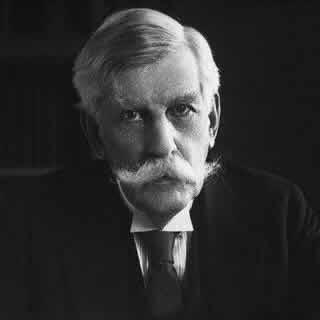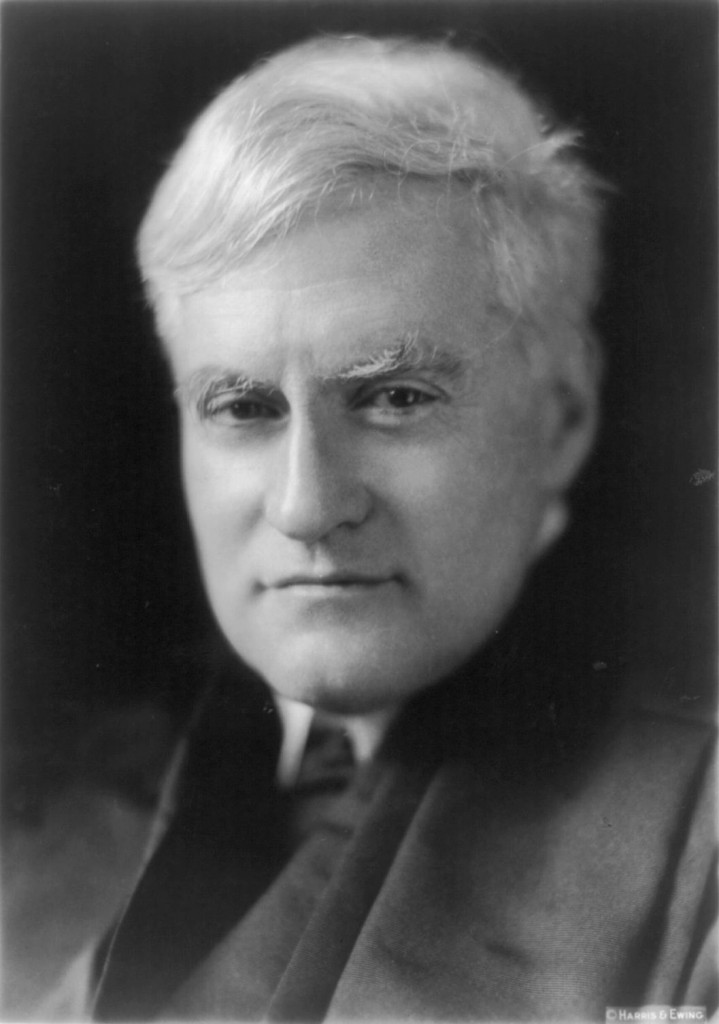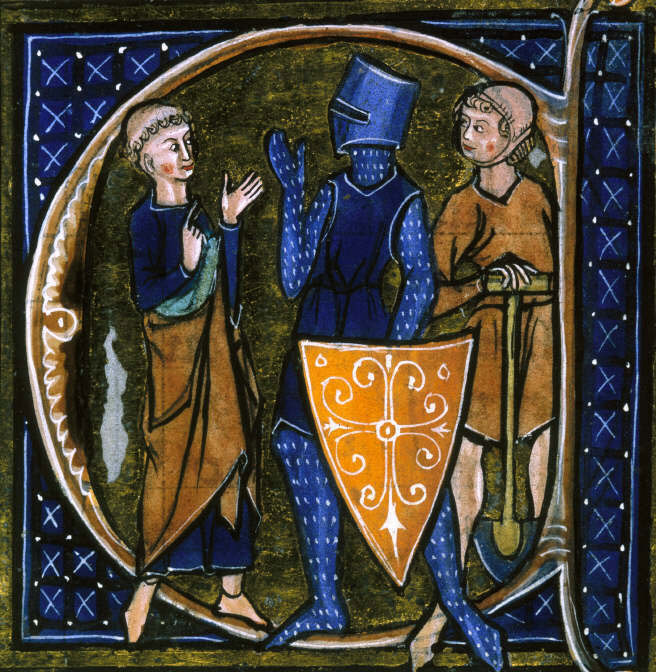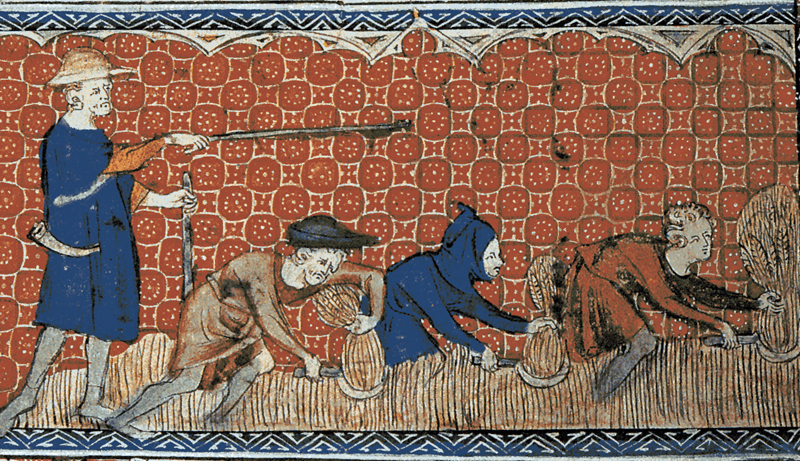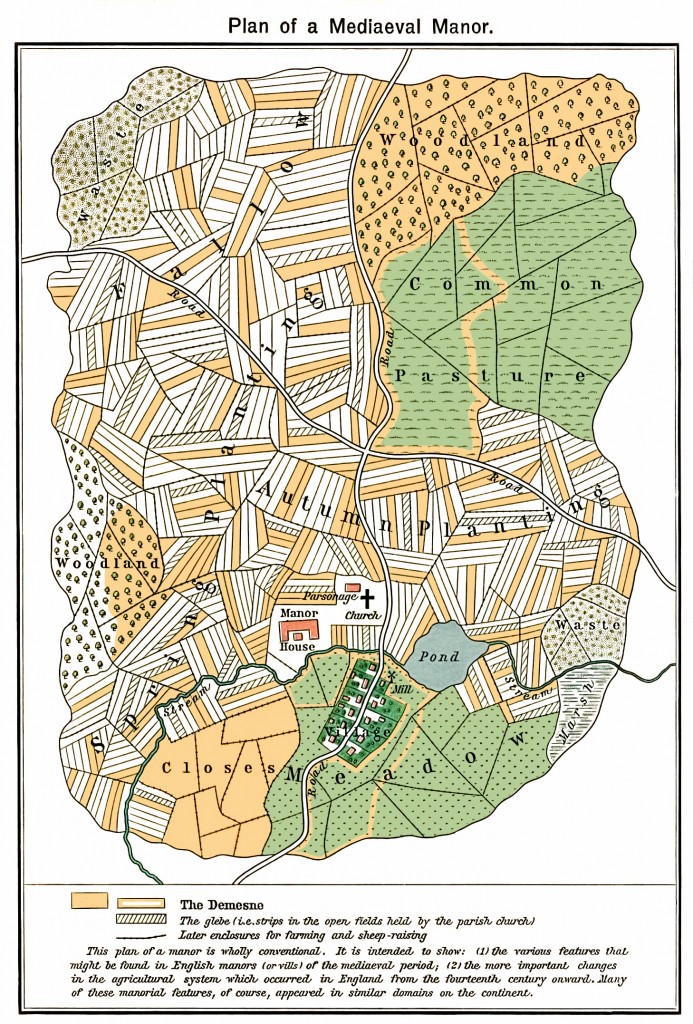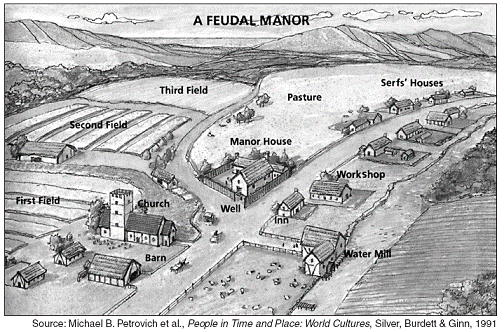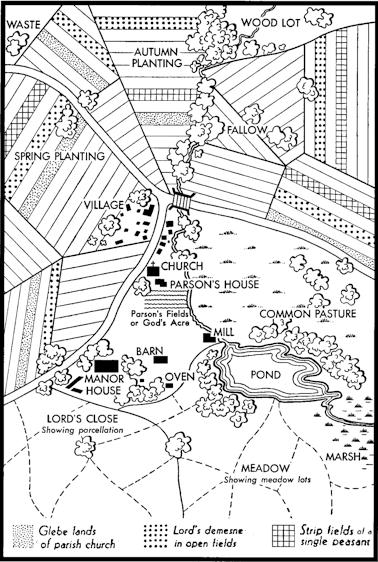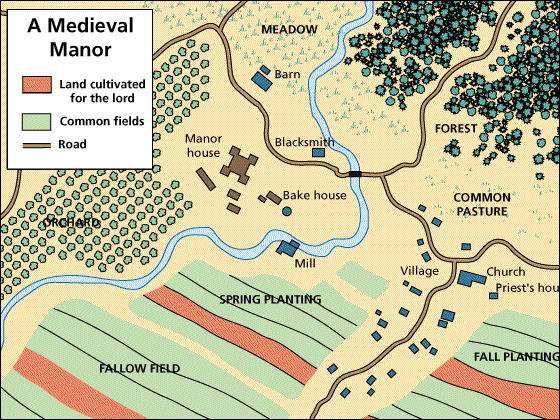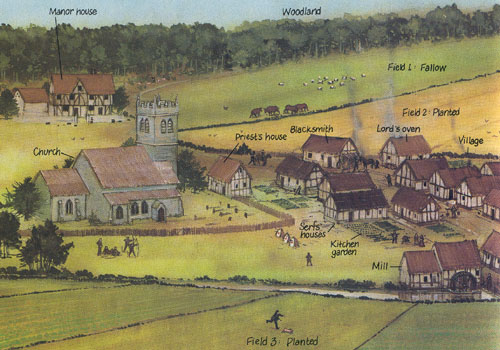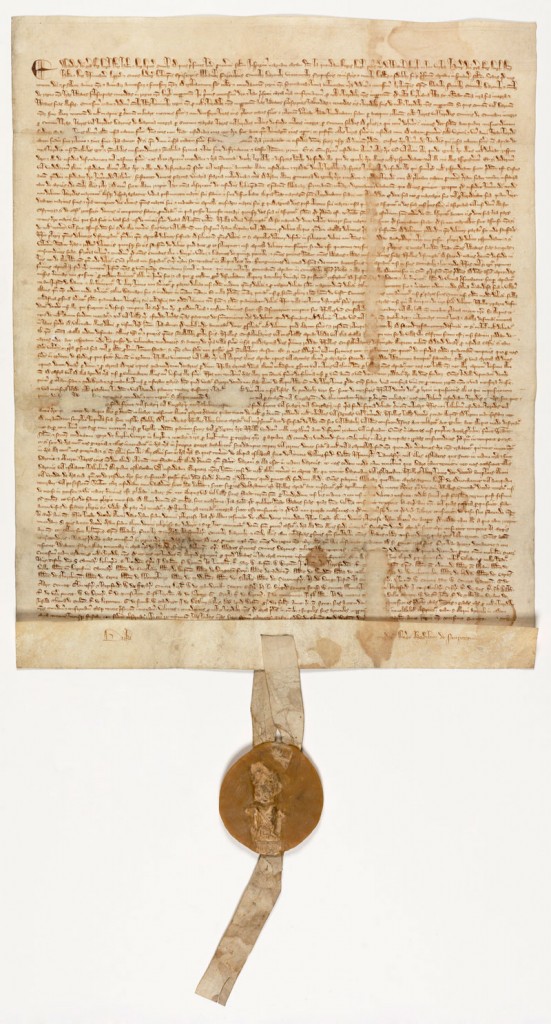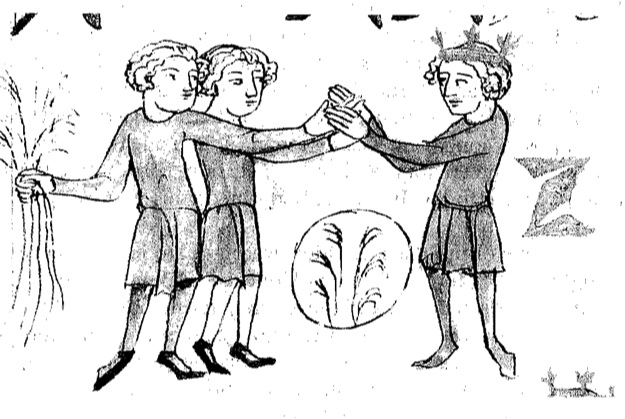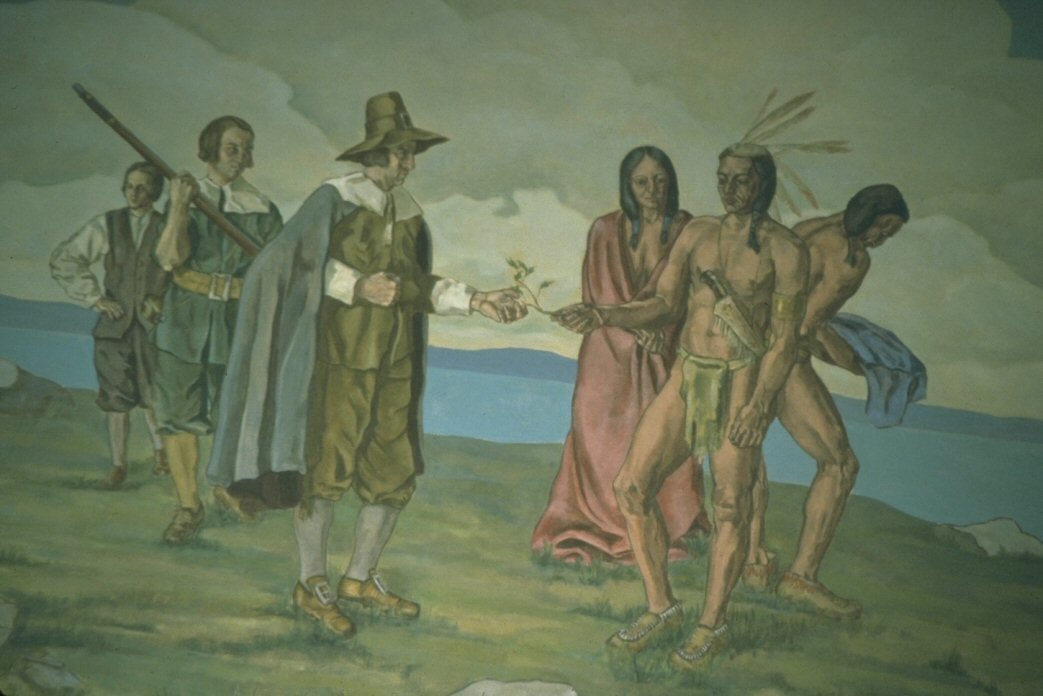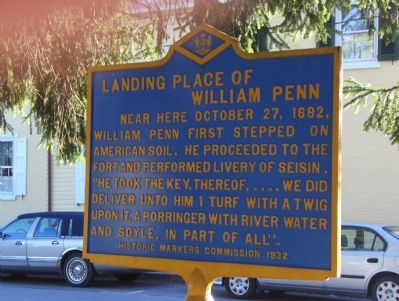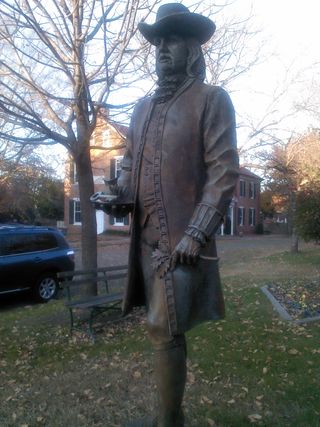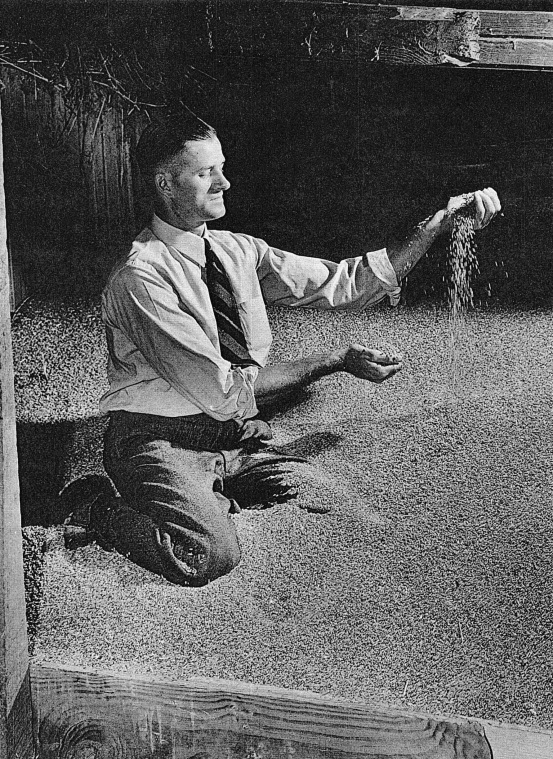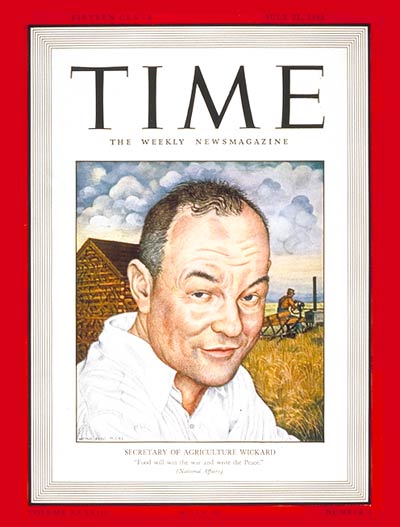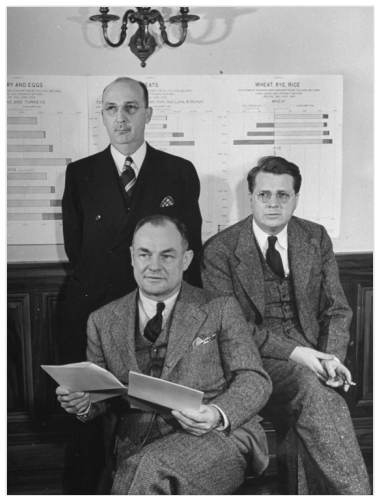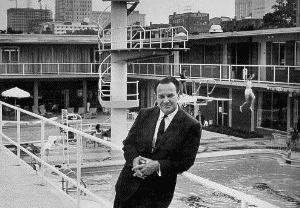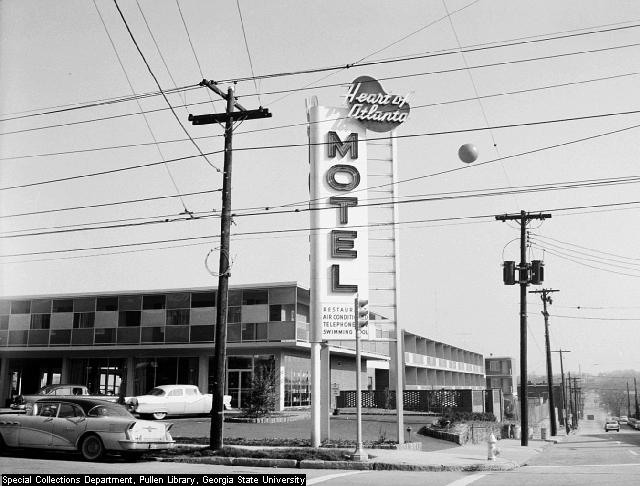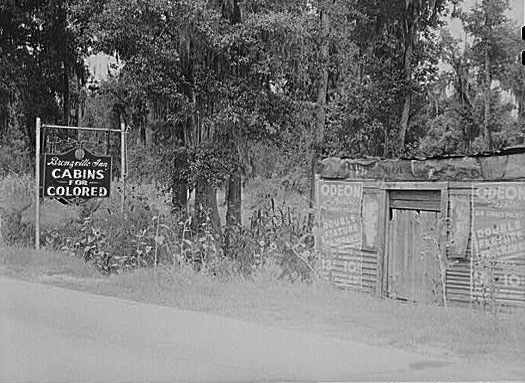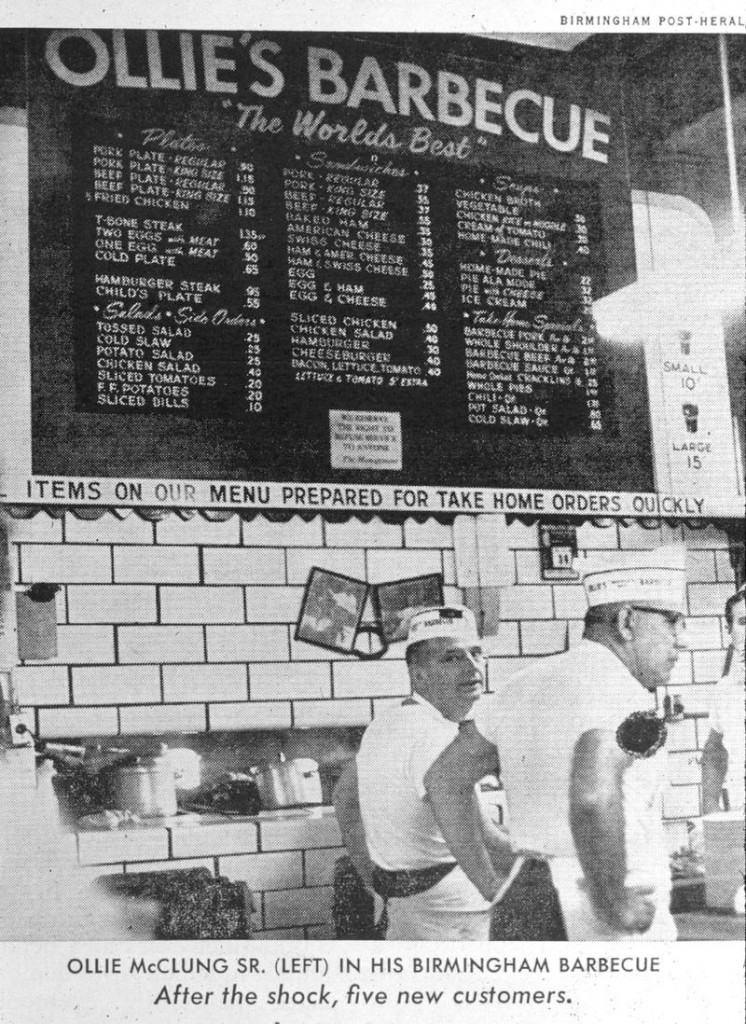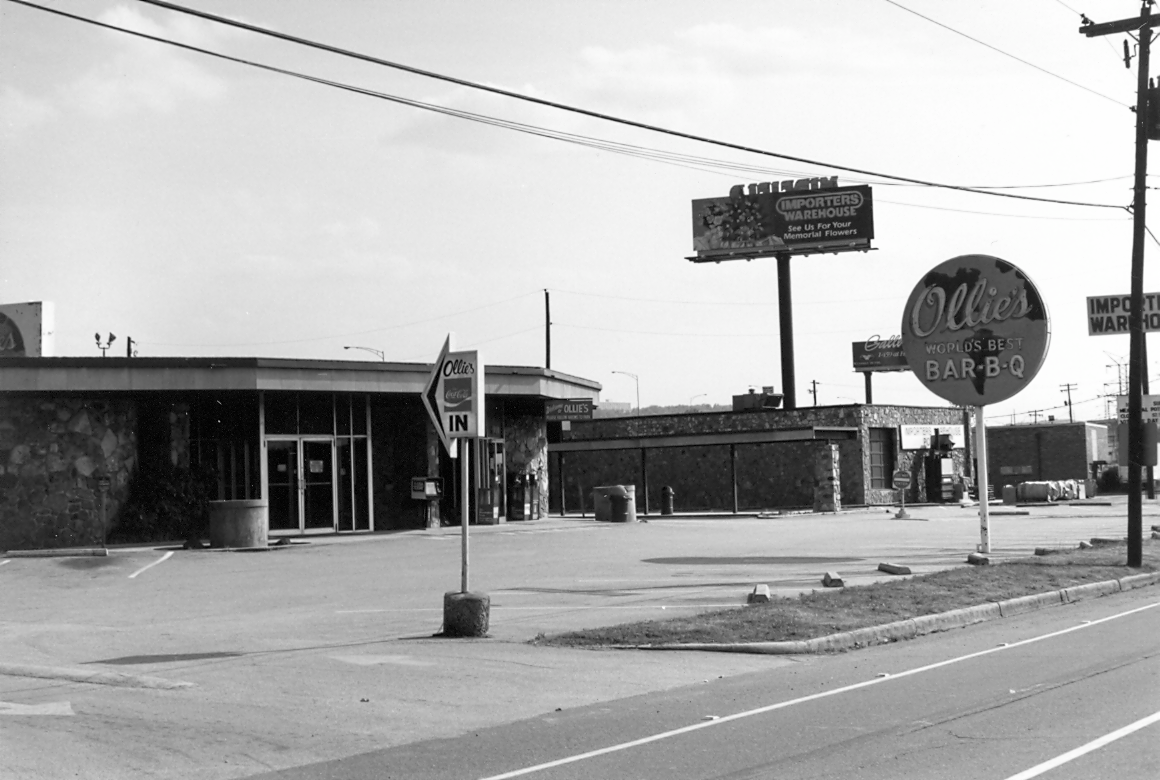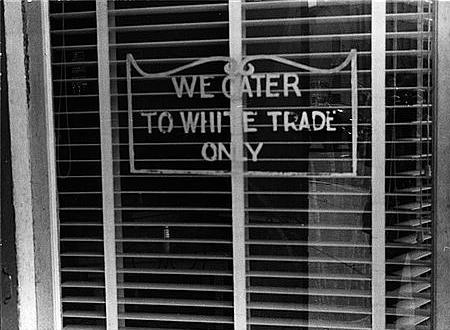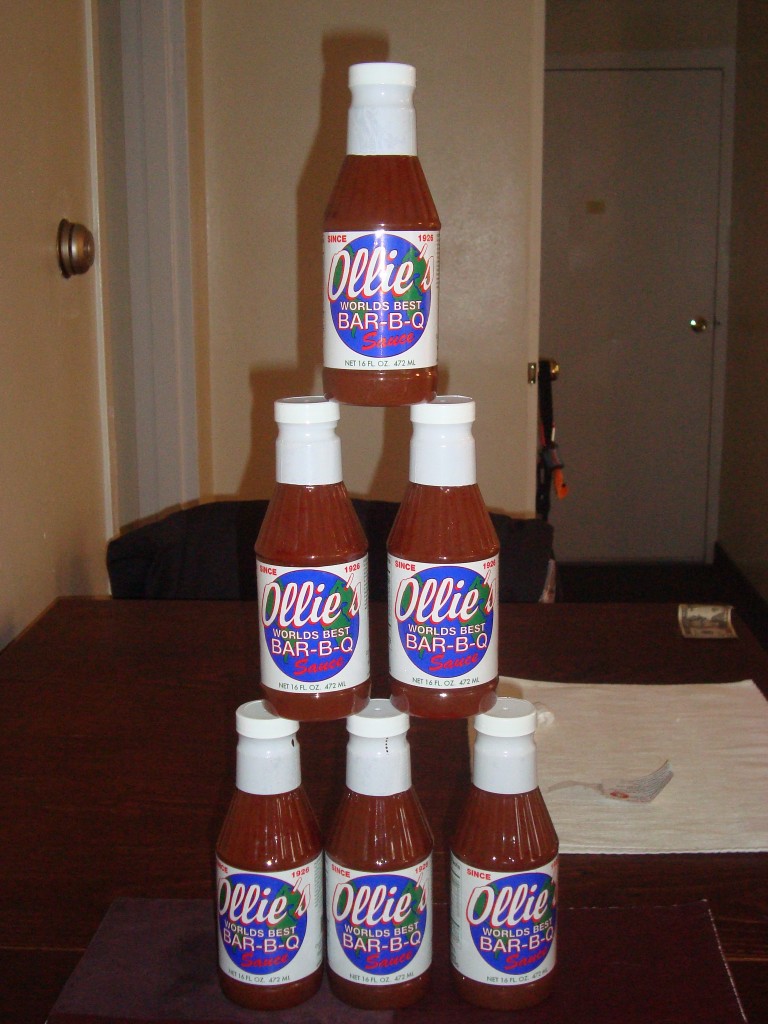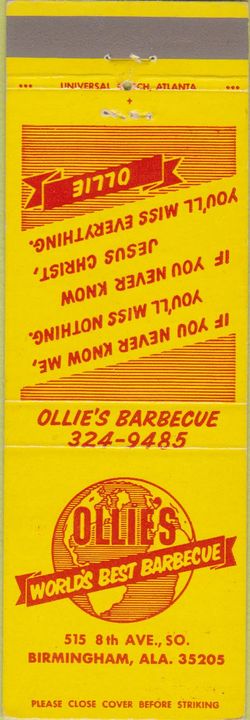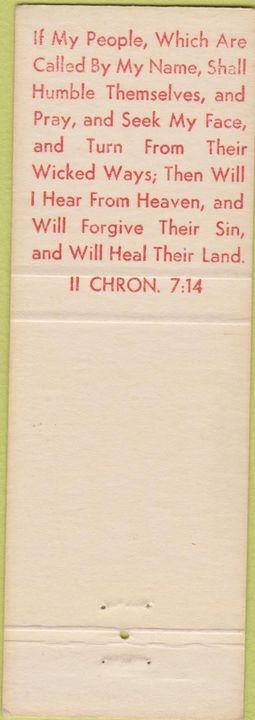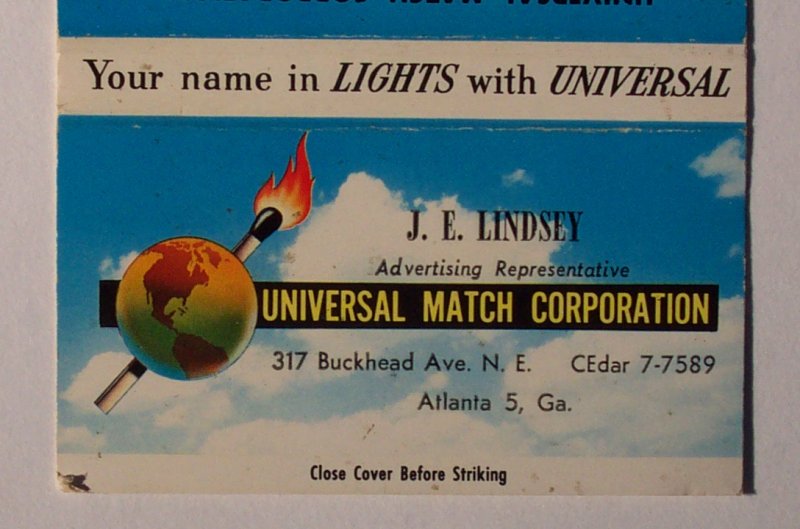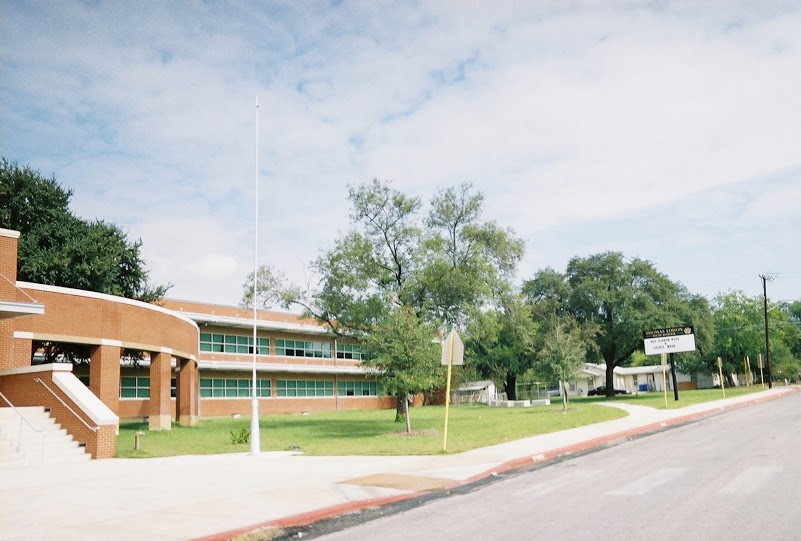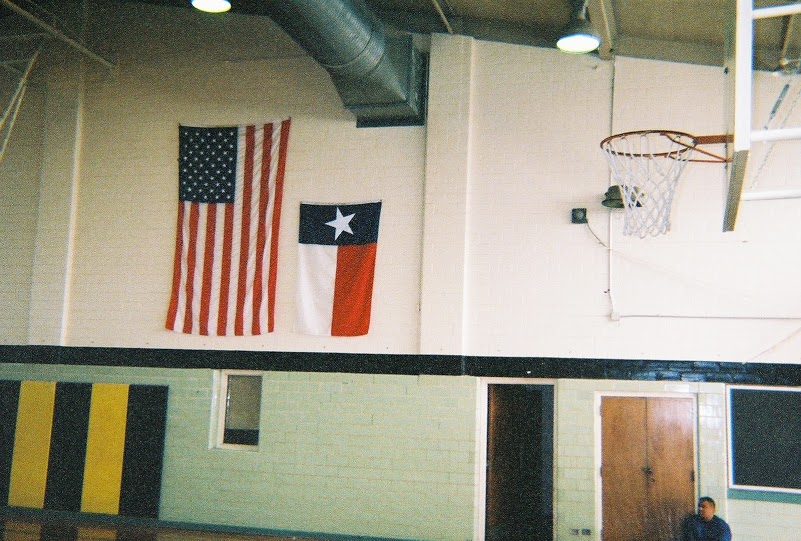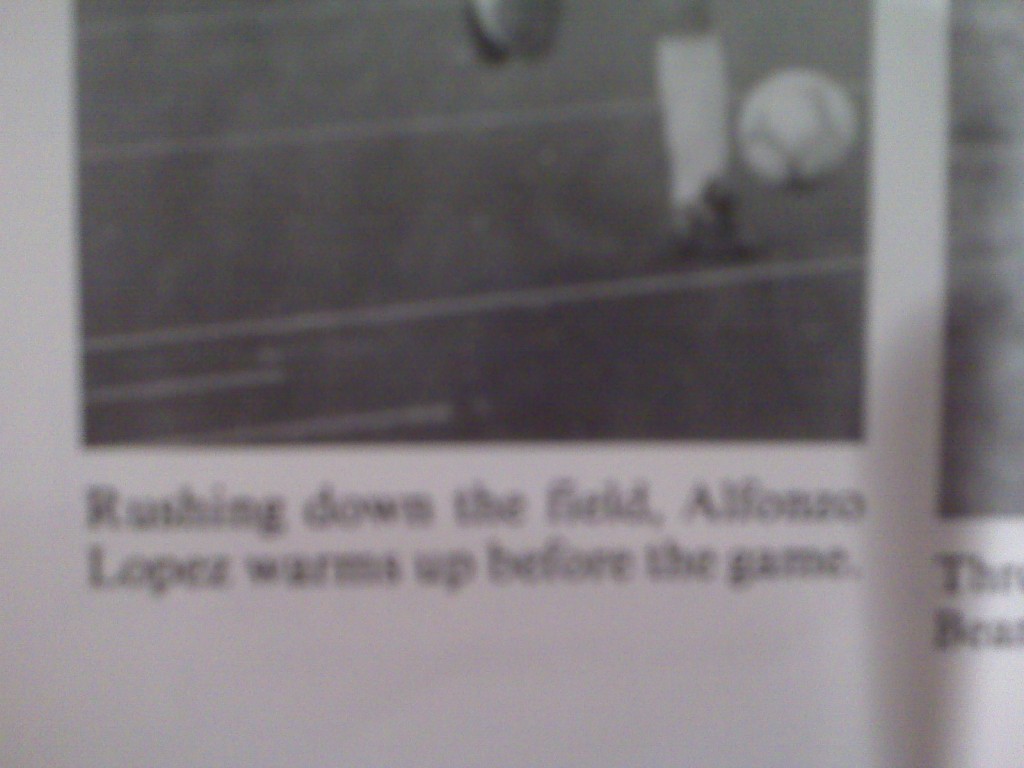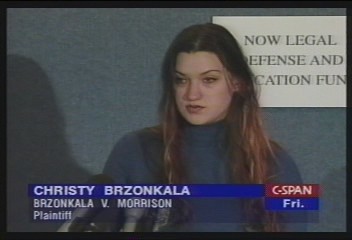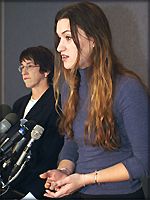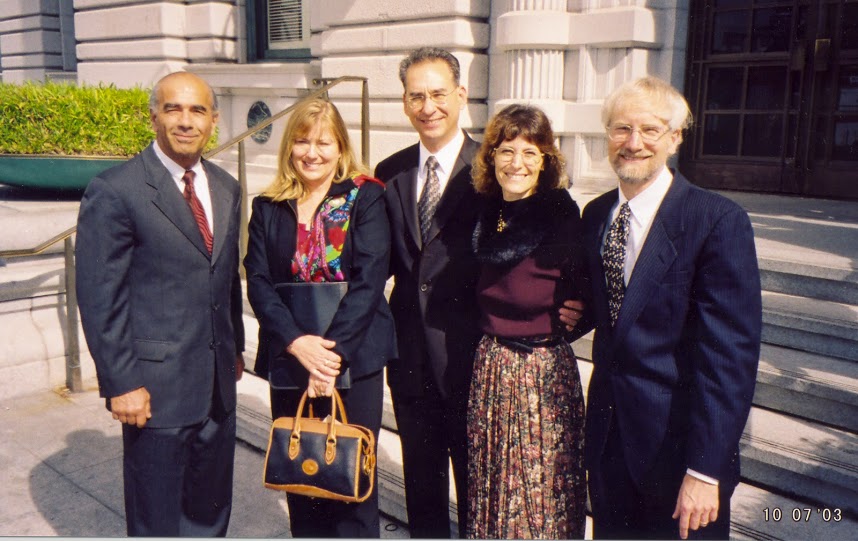Houston Public Radio interviewed me about how Justice Scalia’s absence will affect several Texas-specific cases, including Whole Women’s Health, Evenwell, and Fisher.
Scalia’s death will have an impact, but most cases will remain unaffected, according to Josh Blackman, a constitutional law professor at the South Texas College of Law.
“The court resolves about 80 cases a year, and maybe less than eight or nine of them are (decided) 5-4,” Blackman explained. “It’s actually a fairly small percentage of the court’s docket where this would be a factor. Most of the court’s cases are unanimous or close to it. They’re not 5-4.” (JB: After I said this, I realized the number is usually closer to 14 or 15, but the point still holds).
…
Professor Blackman says it’s not necessary to replace Scalia right away.
“In the 1950s, 60s and 70s, we had significant periods of turnover on the Court, due to death, due to resignation, due to scandal,” Blackman said. “For example, during the 1950s, Robert Jackson, one of the great Justices, took a year off from the court to go be a Nazi prosecutor at Nuremburg. The Court was with eight Justices for a year, and they managed.”
Another big case out of Texas involves affirmative action at UT-Austin. Because she had previously been involved in the issue, Justice Elena Kagan had already recused herself from that vote. With Scalia’s death, only seven Justices will vote on the case, Fisher v. University of Texas at Austin.
“Now we’re down to seven,” said Blackman. “And a 4-3 decision is not the basis on which the court would want to make a major ruling on affirmative action.”
Blackman believes that case could also be re-argued later, or decided on very narrow grounds so its national impact would be minimized.
After Scalia is replaced, the Court could then choose to examine a different lawsuit to clarify what exactly is allowed when universities use affirmative action.
“The Texas case is very gerrymandered, it’s this 10 percent program, it’s this and that. It’s a bad case, it’s very Texas-specific,” said Blackman. “
“There are other cases brought against Harvard and the University of North Carolina, where effectively Asian students have argued that affirmative action discriminates against them because of race. Those are much more serious.”
Blackman says the Justices have until the end of the term, this summer, to decide if they want to reschedule some of these cases for later.
I was also interviewed about U.S.v. Texas, but it didn’t make the final cut.
I am publishing an Op-Ed shortly that will go into great detail about these cases, plus Friedrichs and Zubik.
